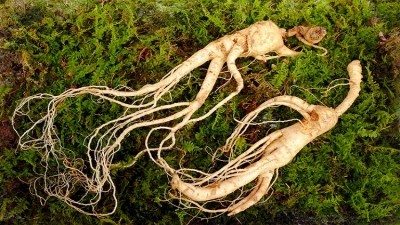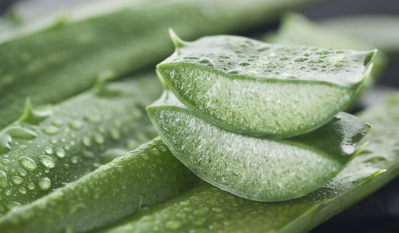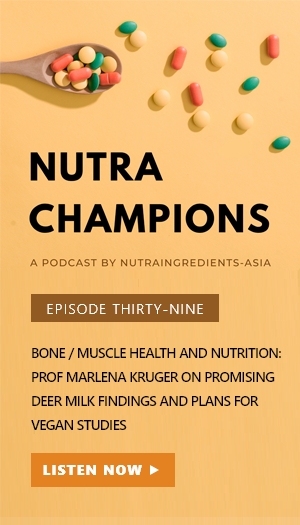Regulatory review: Latest nutra developments on the use of vitamin K2, American ginseng and more

Vitamin K2 to be approved as a health functional food ingredient in South Korea by March 2024
South Korea’s Ministry of Food and Drug Safety (MFDS) said that vitamin K2 could be approved as a health functional food ingredient by March 2024.
The plan was proposed by the health functional food industry, against the backdrop of vitamin K2’s wide applications in health supplements overseas.
“We will quickly complete the approval of vitamin K2 as a raw material [for health functional food use] by March next year,” said Ministry of Food and Drug Safety minister Oh Yu-Kyoung.
American ginseng and eight other Chinese medicinal herbs recognised as food ingredients in China
The Chinese authorities have added American ginseng and eight other ingredients into the Directory of substances which could be conventionally regarded as both food and Chinese medicinal herbs.
The other eight ingredients are Codonopsis pilosula also known as Dangshen (党参), Cistanche deserticola also commonly known as the desert-broomrape (肉苁蓉), Dendrobium officinale (铁皮石斛), Astragalus membranaceus or Huangqi (黄芪), Ganoderma or Lingzhi (灵芝), Cornus officinalis or the Chinese Cornelian Dogwood (山茱萸), Gastrodia elata (天麻), and Eucommia ulmoides leaves (杜仲叶).
No health claims are allowed when these ingredients are used as food or food spices.
Australia’s new sports supplements regulations come into force from Nov 30, a dozen of member firms affected – CMA
Sports nutrition products, such as those that make therapeutic claims and come in a tablet form, have to be registered with the local authorities as a therapeutic goods if they were to be sold in Australia.
The rule was enforced since November 30, following a three-year transition period given to help the industry adapt to the new policy.
Once enforced, sports nutrition products that are not registered as therapeutic goods and entered in the Australian Register of Therapeutic Goods (ARTG) cannot be imported, advertised, or supplied in Australia.
‘The only self-sufficient grain’: Japan pouring resources into rice flour innovation expansion in latest food security bid
The Japanese government said it was planning to commit approximately US$20mn into projects to expand the use of rice flour across more food product innovations to improve self-sufficiency and food security.
One of the goals is to increase rice flour production to 130,000 tons by 2030.
Government data from 2022 scored Japan’s overall food self-sufficiency rate as the lowest amongst all developed markets at no more than 38 per cent.
Singapore supplements crackdown: Thousands of online listings removed, illegal products seized
Singapore’s Health Sciences Authority (HSA), together with INTERPOL, had removed 4,681 listings from local e-commerce and social media platforms, and seized 60,372 units of prohibited health products as part of an enforcement operation.
Most of these listings were related to sexual enhancement or male vitality products (30 per cent), aesthetic enhancement such as dermal fillers, botox, sutures and placenta injectables (14 per cent), and weight loss (8 per cent).
The HSA said that activities on local e-commerce and social media platforms, such as Instagram and Telegram, were monitored throughout the year.












